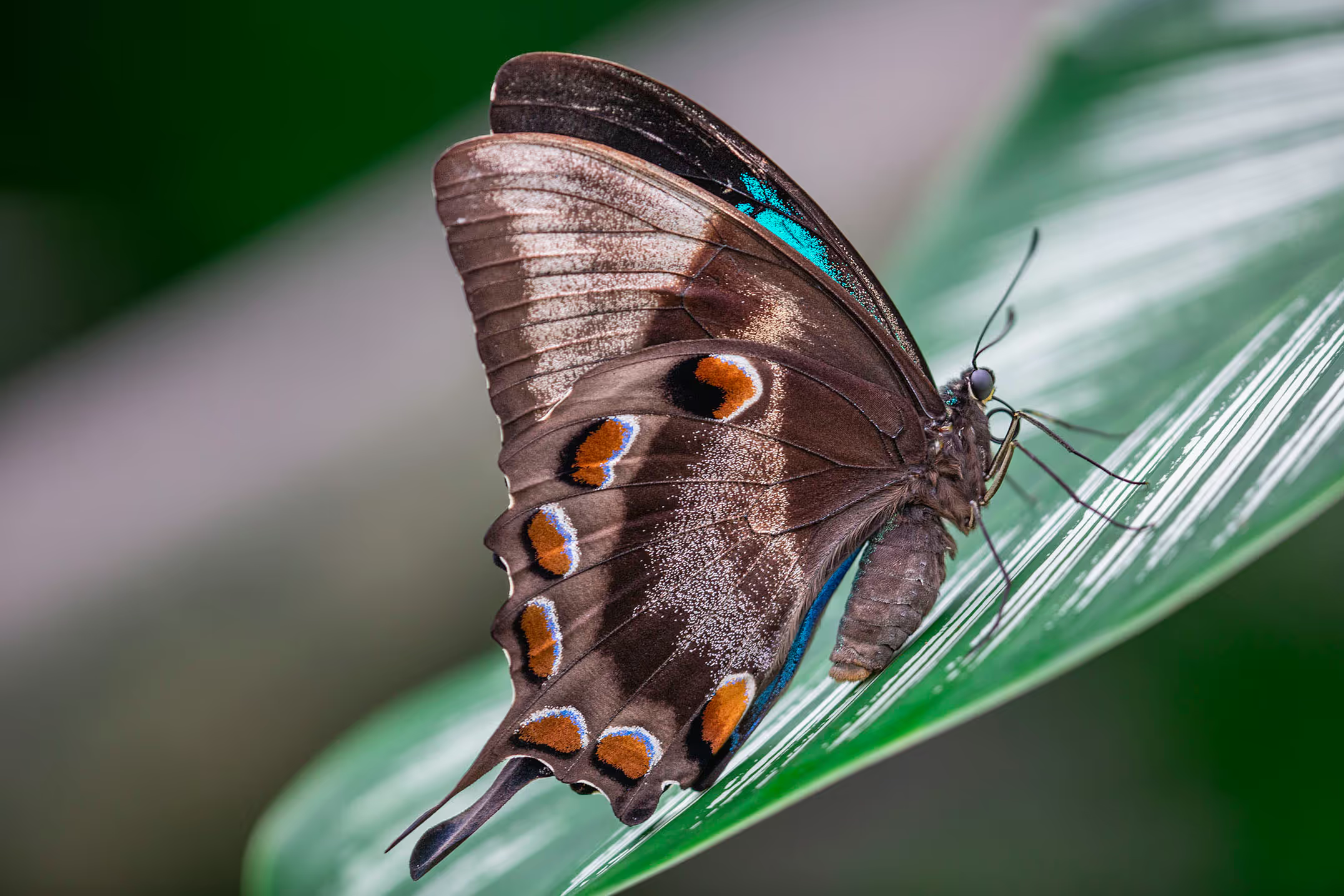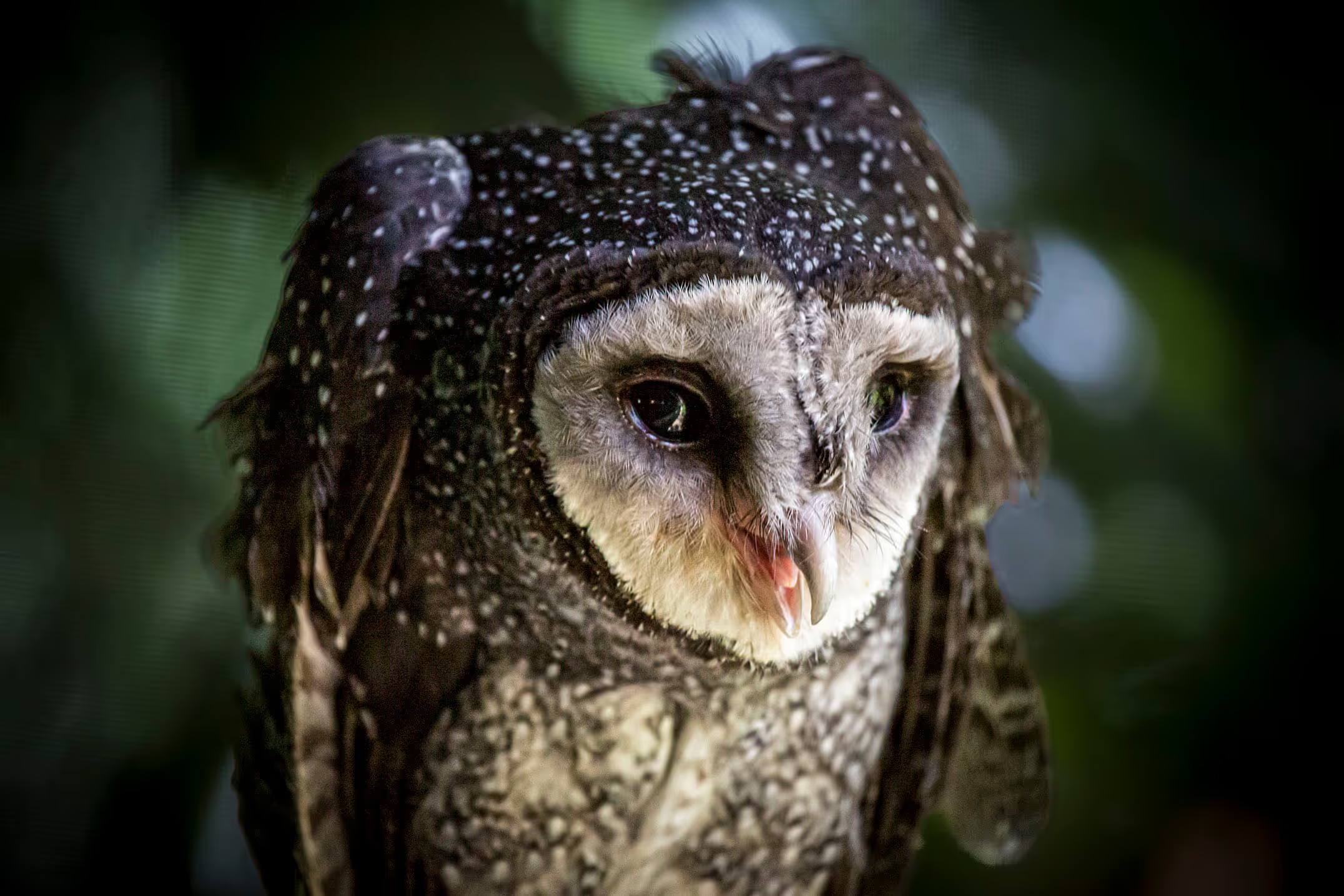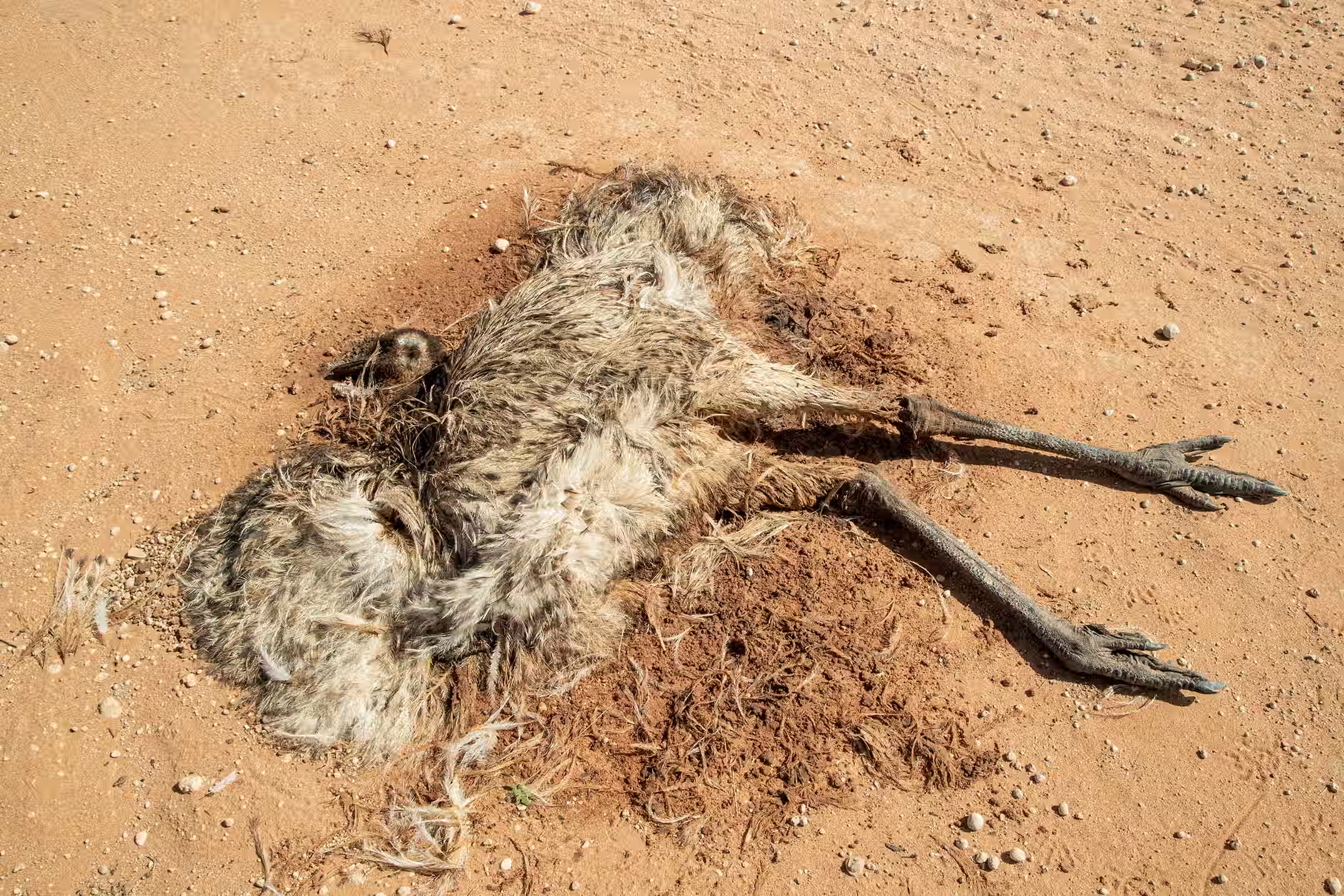Loves Labors Lost
Life on land



Your support will assist us to continue our research and content development, the greater our resources, the more we can do.
The more we have an accurate understanding of what is happening to nature, the more we can all do to protect what remains of our living planet.
This is also an opportunity for philanthropists to be part of an ongoing project that tells independent stories about the natural world, stories that will help us to better understand what is happening to species and places on our precious planet Earth.
Note: Creative Cowboy Films does NOT have tax deductible charity status.

The Nature Knowledge Channel is a very real way you can help the precious natural world and support the work we do in creating knowledge about the natural world.
Annual membership of the Creative cowboy films - Nature Knowledge Channel gives you full access to content, stories and films, available on this website. Becoming a member of the Creative cowboy films - Nature Knowledge Channel is a very real way you can help the natural world and support our work in creating a greater understanding about what is happening to it.
A point of difference
Creative cowboy films is independent, is not funded by governments or industry, and is not influenced by their associated interest groups. For reasons of independent research and content development, Creative cowboy films does NOT have tax deductible charity status.
Life on land

I think we all know how bad environmental matters are in Australia and that includes matters relating to biodiversity loss, endangerment and extinction. It has been bad for a long time but the pace of biodiversity loss is growing ever faster.
“Australia’s natural environment and iconic places are in an overall state of decline and are under increasing threat. An independent review of Australia’s national environment law, the Environment Protection and Biodiversity Conservation Act 1999 (EPBC Act), found that the law was ineffective and needed fundamental reform to address current and future environmental challenges”.
In October 2020, the Independent Review of the EPBC Act made 38 recommendations to address the numerous and serious failings of the EPBC Act.
In their joint submission to the Independent Review, the Animal Protectors Alliance and the Australian Wildlife Protection Council, on behalf of their members stated:
“The complete failure of the EPBC Act, as the only Commonwealth environmental legislation to protect Australia's environment and to conserve its biodiversity, has resulted in the deaths of billions of individual animals (including invertebrates) and the destruction of thousands of ecosystems. If Australia's ongoing war against its natural environment is not checked by some form of strong national regulation, the devastation will ultimately extend from natural systems and species to both humans and all the other animals that are (theoretically) in human care”.

In response to the Independent Review’s findings and report, the Commonwealth Government (December 2022) set out its response encompassed in the Nature Positive Plan: Better for the environment, better for business in which proposed reforms included:
“The response also includes key elements of the government’s commitments to establish an independent Environment Protection Agency (EPA). While the mechanism of an EPA was not a specific recommendation of the review, the key outcomes it is seeking to achieve - to provide assurance and restore public trust in our national environment law – align with the review’s recommendations”.
“In October 2020, Professor Graeme Samuel AC submitted his independent review into the Environment Protection and Biodiversity Conservation Act 1999 (EPBC Act). His review concluded that the EPBC Act, Australia’s central piece of national environmental law, is outdated, ineffective, and requires fundamental reform”. The Hon Tanya Plibersek MP Minister for the Environment and Water
By April 2024 the Labor Government’s plans were already being watered down because of pressure from within the party, particularly from Western Australia.
“Tanya Plibersek says two new agencies will be established but a commitment to rewrite national environment laws has been pushed back. The environment minister said the government would introduce legislation in coming weeks to create two previously announced bodies – an environment protection agency and a second organisation called Environment Information Australia, which will provide public data on ecosystems, plants and animals. But a commitment to introduce a suite of laws to address Australia’s extinction crisis, including new national environmental standards against which development proposals would be assessed, has been pushed back to an unspecified date”. The Guardian, 16 April 2024

On the day of writing this article on 28 November this is what happened.
“The Conservation Council of WA, the state’s peak environment group, has expressed its outrage and dismay at Premier Cook’s anti-nature lobbying and Prime Minister Albanese’s decision to abandon nature positive legislation”.


Earlier in the week the ABC reported that the Australian Prime Minister, Anthony Albanese (Labor), had promised the Western Australian Premier, Roger Cook (Labor) that the Federal Government would shelve cornerstone environmental reforms, a sign of the state's critical importance to Labor maintaining a majority.

The deal struck by the Australian Environment Minister, Tanya Plibersek, with Greens and Independents was that the Greens drop their demand to end native forest logging. The Guardian reporting that:
“In return for including a framework for new national environmental standards that would be applicable to regional forest agreements”.
We think of all those individuals around Australia who worked on submissions, attended meetings and much more in order to bring Australia’s nature laws into the 21st Century. Most of all we think of Australia’s biodiversity and the treatment of animal life.
“We can hear the animals scream before the plane lands”. Peter Hylands

In Victoria where, under Labor, biodiversity and in particular Australian species have been targeted for extermination at unprecedented scale. We even have a new term to justify the killing of native animals (plus deer species I guess). The term is pest herbivores.
“This has been done by better targeting investment in priority locations. To give an example, in 2019, 59 per cent of pest herbivore control occurred in priority locations. In 2022 this had increased to 84 per cent. That is a significant improvement in the delivery of pest herbivore control in priority locations, which links back to the targets, and it also means better long-term outcomes for threatened species”. Public servant

Here we look at the discussion by a Victorian Government Public Accounts and Estimates Committee. We should note the state finds itself in financial difficulties which also add another layer of problems for the state’s environment. What follows are relevant extracts from the hearing and the names of public servants have been redacted.
Questions to public servants by Aiv Puglielli MLC (Green) included on these topics:
Here we focus on just two inquiries and reports, these are, Victoria's Inquiry into Ecosystem Decline and the Independent Review into the Wildlife Act.
“At the 2023 budget outcomes hearings the secretaries were asked about three overdue biodiversity updates. Now, a year later and all three are still overdue. The first one is the government’s response to Victoria’s inquiry into the biodiversity crisis, which was due in June 2022. Secondly, an independent review into the Wildlife Act 1975, which was delivered to the government in December 2021. We still do not have that report, let alone the government’s response”. Aiv Puglielli
Long winded answer from a public servant and not directly answering question.
“So the government response to the inquiry into the biodiversity crisis – we still do not have that one, do we?” Aiv Puglielli
Public servant: That is correct.
“Just to take up that interjection, something from 2021 one could argue is a bit out of date given that it is now 2024. But just to make sure that I have heard correctly, so the government response to the inquiry into the biodiversity crisis – we still do not have that one, do we?” Aiv Puglielli
Public servant: That is correct.
“Okay. Just making sure about that”. Aiv Puglielli
“The first one was an inquiry into the biodiversity crisis. The second one is the Independent Review into the Wildlife Act”. Aiv Puglielli
Public servant: I think they are one and the same. For those two the government response has not yet been tabled….
“Okay, thank you for that update. Just to quote from last year really – I believe it was you, Deputy Secretary, that actually said this: We have worked on a response… I believe the former minister, Minister Stitt, wrote to Parliament to flag that a response to that would be provided in the coming months. So even though the Parliament when that was presented no longer exists, I guess, Minister Stitt at the time did write to say that a response would be provided in the coming months. With respect to the outstanding documents, has the government simply not prioritised responding to this crisis, or has something else happened?” Aiv Puglielli
Public servant: We certainly are prioritising the response. I think it is worth noting that since the expert advisory panel provided its report to the then minister there have been a number of policy developments that have impacted on the timing of the report or particularly the government response. They are things such as the inquiry into and also the government response to Victoria’s recreational native bird hunting arrangements report, the reset of duck hunting arrangements for the 2024 season, dingo conservation and management and commercial kangaroo harvesting. Given those changes and things that have occurred recently, we are expecting to finalise the review and are aiming to have that released in the first half of next year.
“Thank you. Relating to the Independent Review of the Wildlife Act, my understanding is Jane Brockington, Dr Jack Pascoe and Dr John Hellstrom spent most of 2021 on that report. Dozens of stakeholders lodged submissions. They received over 1000 pieces of feedback. Why won’t the government at least release that report, considering all of that work that has gone into it?” Aiv Puglielli
Public servant: I think that is probably a question for the minister to answer. We have been focusing on the government response and assisting ministers and government to inform that, so it is probably a question for the minister –
“Sure, but the department does not have a view as to why it has not occurred?” Aiv Puglielli
Public servant: It is probably a question for the minister about releasing it.
END OF EXTRACTS
We should note that the Victorian Government, despite the overwhelming findings and recommendations that it should be banned (including from its own committee), had no difficulty in rapidly progressing and entrenching duck and quail hunting in the state, an activity and a government that not only encourages young children to engage in the slaughter and gun violence and cruelty, but is responsible for the deaths of anywhere between 300,000 and 600, 000 native waterbirds per annum, depending on the year. Bird numbers are falling as is the actual number killed year on year. So bad is the decline that the pressure is on to delist threatened species, so they too can be slaughtered.

COMMENT
I contributed to all of the inquiries discussed in this article, these were Australia’s Independent Review of the EPBC Act and Victoria's Inquiry into Ecosystem Decline and the Independent Review into the Wildlife Act. I also contributed to the Inquiry into Victoria's recreational native bird hunting arrangements. As noted above, three have not progressed and one ended with precisely the opposite outcomes to the recommendations. This nonsense has now gone on for several years. The are several other inquiries of this type resulting in very similar outcomes.
The process for us in contributing to these inquiries means detailed research, drawing on decades of knowledge and investment in trying to improve matters around biodiversity loss and education in Australia concluding in detailed reports / submissions, attending government hearings, talking to panels and visiting places to do on ground investigations.
I have made this point before, take the miserable Inquiry into Ecosystem Decline run by the Victorian Government. In a room in the parliamentary complex in Victoria, surrounded by the committee and a number of public servants (all on large salaries), I was the only person in the room defending Australia’s natural environment through my testimony to the committee and the only person not being paid. To add to the bizarre nature of all this, one ill-mannered politician (National Party) (also present in the finance hearing) on the inquiry committee streaming in on video spent the entire time while I was talking, drumming her fingers on her desk. These sort of tactics do not work.
One famous Australian artist friend of ours once said to us ‘knowledge is power’. We need to think about that in the context here. Knowledge (and detailed accuracy) is either a complete waste of time as it is subsequently submerged in an ocean of spin and disinformation, or, and even more concerning, is that knowledge can be a dangerous commodity and we know first-hand about that.